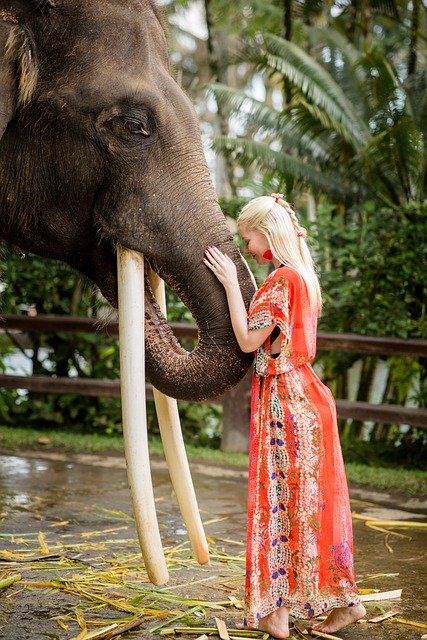
The Rise of Sustainable Fashion: Trends and Innovations for a Greener Future
As we step into a new era of consciousness and responsibility, the fashion industry is undergoing a transformative shift towards sustainability. With increasing awareness about environmental issues and the impact of fast fashion, both consumers and designers are embracing eco-friendly practices. Here’s a look at the latest trends and innovations that are shaping the future of sustainable fashion.
1. Eco-Friendly Materials
The foundation of sustainable fashion lies in the materials we choose. Designers are increasingly opting for:
- Organic Cotton: Grown without harmful pesticides or synthetic fertilizers, organic cotton is a healthier choice for both the planet and the farmers.
- Recycled Fabrics: Brands are utilizing materials like recycled polyester and nylon, transforming waste into stylish garments.
- Innovative Textiles: New materials like Tencel, made from sustainably sourced wood pulp, and Piñatex, derived from pineapple leaves, are gaining popularity.
2. Circular Fashion
Circular fashion is all about creating a closed-loop system where garments are designed to be reused, repaired, and recycled. Key strategies include:
- Take-Back Programs: Many brands are introducing initiatives that allow customers to return old clothing for recycling or repurposing.
- Upcycling: Designers are creatively reimagining old garments, giving them new life and reducing waste.
3. Ethical Production Practices
Sustainability goes beyond materials; it also encompasses fair labor practices. More brands are committing to:
- Transparency: Sharing information about their supply chains and production processes to ensure ethical practices.
- Fair Trade: Collaborating with artisans and manufacturers who adhere to fair labor standards.
4. Technology and Innovation
Technology is playing a crucial role in the evolution of sustainable fashion. Innovations include:
- 3D Printing: This technology allows for the on-demand production of garments, reducing waste and overproduction.
- Blockchain: Implementing blockchain technology helps trace the origins of materials, ensuring authenticity and ethical sourcing.
5. Consumer Awareness and Responsibility
The rise of sustainable fashion is also driven by a more informed consumer base. Shoppers are increasingly valuing:
- Quality over Quantity: Investing in timeless, high-quality pieces rather than fast fashion trends.
- Second-Hand Shopping: Thrift stores and online resale platforms are becoming popular as consumers seek unique finds while reducing waste.
Conclusion
The rise of sustainable fashion is not just a trend; it’s a movement towards a more responsible and ethical industry. As designers, brands, and consumers come together to prioritize sustainability, we can pave the way for a greener future. Embrace these innovations and trends, and let’s make conscious choices that benefit our planet and its people.
Join the Conversation!
What sustainable fashion practices do you support? Share your thoughts in the comments below! 🌿✨
